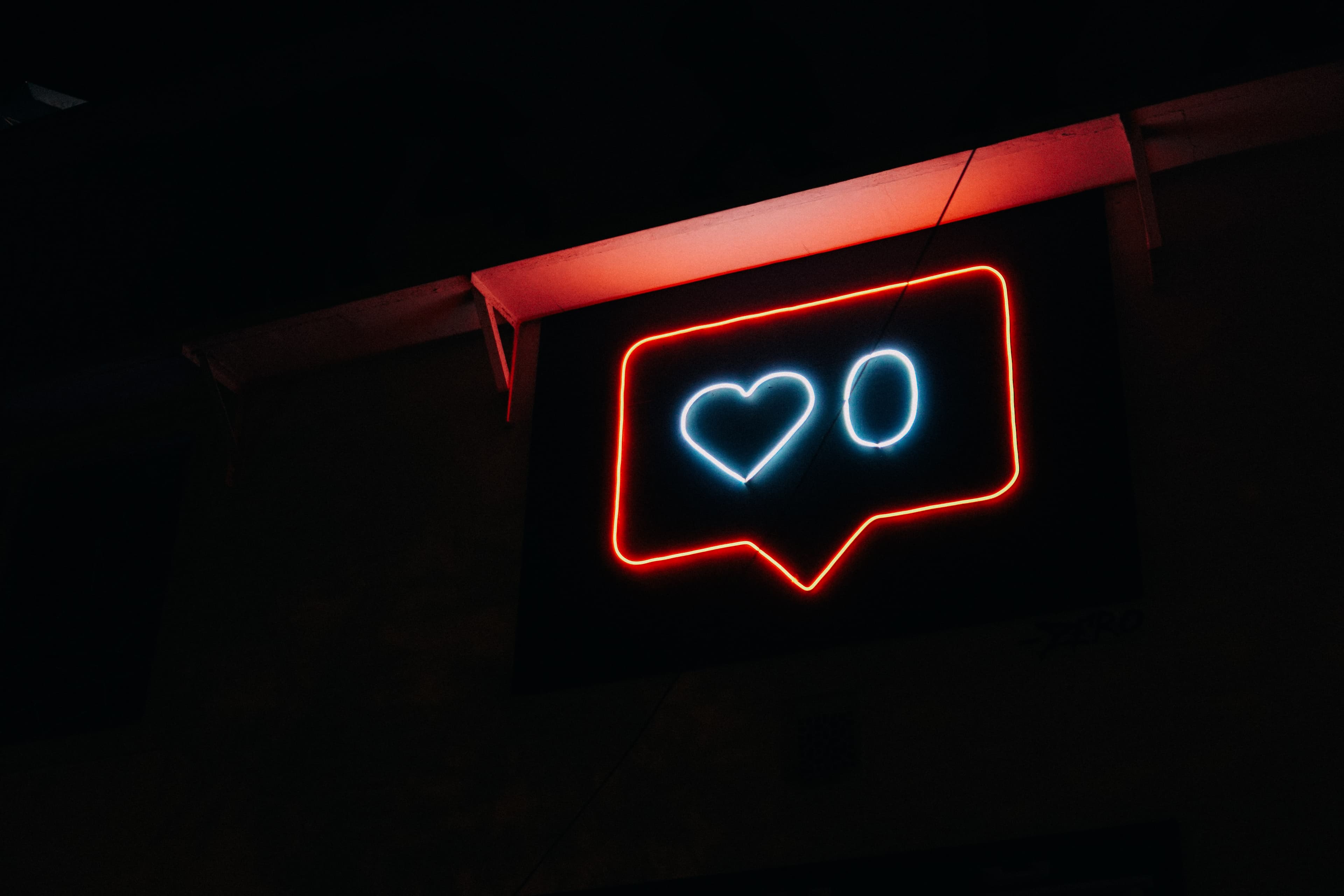
Stephanie Haney Talks Finding & Losing Love in the Time of a Global Pandemic

Evan Schein
One of the best things about social media is that is allows you to connect with the people you admire as easily as you can with the people you know and love. It offers people a little bit of glamour, and the opportunity to engage with celebrities, artists, athletes, and others whose lives might not normally intersect with their own. This immediate connection is also one of the reasons why online, virtual dating has been so popular, even during a pandemic. We can’t be together, but we can still make a connection.
But that connection can be severed just as easily if you think the person you’re engaging with is being inauthentic. On Episode 6 of the Schein On podcast, I sat down with Stephanie Haney –Emmy winner, lawyer, digital anchor and legal analyst for WKYC-3 NBC Cleveland – to talk about why people keep seeking this connection, why celebrities may saddle themselves with more than they can handle, and so much more.
Covid-19 has disrupted how we seek out companionship and love, but it hasn’t stopped the need to connect with others. As Haney explains:
People are swiping [on dating sites]. People are connecting. And from what they told me, and from what Match.com’s annual single study says, people are looking for more in-depth relationships.
People want to connect on a deeper level. And here’s why I think this is. Say you’re a single person and we’re in a pandemic. Say you go on a first date. Say you’ve chatted with someone. You go on a first date, say it’s bad. Well now you gotta quarantine for two weeks before you can go out on another date!
So the motivation there to have a deeper connection before you actually decide if it’s worth the risk to meet up with someone in person is a lot stronger right now. In previous times, when I’ve been single, it’s not a big deal to set up a first date after not chatting for not that long or that kind of thing.
So I think not just social media, but just the online world in general, I think right now, specifically for the time and the situation that we’re in, I think it is leading to people being more intentional with their relationships.
But of course, not all individuals are finding that online connection immediately, and that could mean that people engaging in virtual dating are “going to be quicker to cut people off, or quicker to say, ‘Ooh, I don’t really think that we should waste each other’s time,’” Haney said.
This idea of cutting people off quickly isn’t limited to virtual dating. What some may label “cancel culture,” and others may see as a much-needed accountability for the rich and powerful, has created a powerful impetus for celebrities to keep their fans happy and content, even when they, themselves, may feel neither.
The authenticity conundrum: why celebrities are “litigating” their divorces through social media
When a celebrity goes through a divorce, it is almost automatically newsworthy. But divorce is a deeply personal issue, whether you are a public figure or not. When one has built a brand or an online persona based on details of his or her personal life, simply “logging off” is no longer an option, even if that is what that person wants the most. Refusing to share this part of the story can seem inauthentic to fans – and if one part of the persona is inauthentic, maybe the rest of it is, too. Once that rumor of inauthenticity begins to circulate, it can spell certain death for some celebrities.
So, how does a celebrity remain trustworthy, authentic, and connected without exposing his or her entire life to followers? By exposing his or her private life, even the most personal details of the divorce, to the masses. Followers expect these details abouts the divorce; after all, they are given details of every other part of the celebrity’s life. Instead of taking a break from social media, some even end up posting more private and personal information, in an attempt to sway followers to their sides. (This may be more likely when the couple has not crafted a unified message about the split, but not necessarily.) They may also post private details as a way to foster warm feelings of affection and love. If a divorce makes a person feel alone or unloved, having the support of millions of people – even strangers – may remove some of the sting of the divorce.
The backlash can affect the bottom line
If social media is such a concern for celebrities, then why don’t they simply log off? Why not simply admit that they need a break? With so much online discussion about the importance of self-care, especially during this last year, one might assume even the most ardent followers would understand a celebrity’s need to pull back a bit while going through a divorce.
Turns out, it’s not the simple. The Kardashians are a perfect example why. For more than a decade, their branding was done through their television show, and through product lines they created with other established brands. But as Haney explains, social media has taken the place of the show in terms of how they earn a living, and that has created an entirely different set of expectations. Those expectations extend even to a celebrity’s divorce:
When you’re making money by connecting with people on your social media, they’re going to notice when your spouse doesn’t show up on your social media. So you really, at that point, you don’t have a choice because then you’re going to get into a situation where people are thinking that you’re not being authentic.
Then your followers are going to drop off. People aren’t going to trust what you say, and then that’s affecting your bottom line. And especially if you’re already a celebrity going through a high-profile divorce, it’s going to be expensive. Somebody is getting paid out a lot of money. And attorneys are getting paid out a lot of money. You’ve got to keep making money. So you have to keep kind of feeding the beast in that way.
“Feeding the beast” can be mentally and physically exhausting, and the urge to simply walk away from social media may be strong, but that’s the Catch-22: the very thing that keeps them relevant is the very thing that causes them pain, and removing themselves, even emotionally, will almost certainly lead to accusations of inauthenticity.


